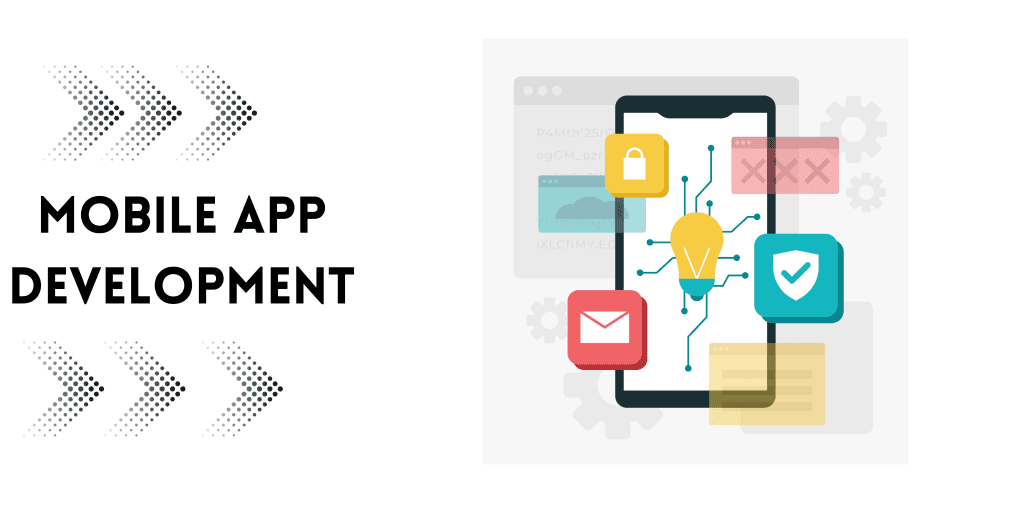
Introduction
In today’s digital landscape, mobile apps play a pivotal role in connecting businesses with their customers. Personalization within mobile app development services has emerged as a powerful strategy to enhance user engagement, satisfaction, and overall business success. In this article, we delve into the significance of personalized mobile app development and its impact on businesses.
Understanding Mobile App Personalization
Mobile app personalization involves tailoring user experiences within an app based on individual preferences, behavior, and demographics. By analyzing data such as user interactions, location, and past behavior, businesses can create customized content, features, and recommendations that resonate with their audience. This approach not only makes the app more engaging but also more useful to each user, enhancing the overall user experience.
Benefits of Personalized Mobile Apps
- Higher User Engagement
Personalized apps capture users’ attention by delivering relevant content. When users find value in an app, they are more likely to engage with it, explore additional features, and spend more time within the app. This increased engagement can lead to higher in-app purchases, ad revenue, and overall user activity.
- Improved User Satisfaction
Customized experiences lead to higher user satisfaction. When an app understands and caters to individual preferences, users feel valued and appreciated. This positive sentiment contributes to long-term user loyalty. Satisfied users are more likely to recommend the app to others, enhancing word-of-mouth marketing and organic growth.
- Enhanced Retention Rates
Personalization reduces churn rates. Users who receive tailored content are less likely to abandon the app. By fostering a sense of connection, businesses can retain their user base and reduce acquisition costs. Retention is crucial in maintaining a steady user base and achieving sustainable growth over time.
- Increased Revenue
Personalized apps can also lead to increased revenue. By offering personalized product recommendations, exclusive deals, and targeted advertisements, businesses can drive more sales and higher transaction values. Personalized marketing strategies have proven to be more effective, resulting in better conversion rates and higher profitability.
Strategies for Effective Mobile App Personalization
- User Segmentation
Segment users based on common characteristics (e.g., demographics, behavior, interests). Create personalized content for each segment, addressing their specific needs. Effective segmentation allows businesses to target different user groups with precision, ensuring relevant and engaging content for each segment.
- Dynamic Content
Leverage real-time data to modify app content dynamically. Show personalized recommendations, notifications, and offers based on user interactions. Dynamic content keeps the app experience fresh and relevant, encouraging users to return frequently and explore more features.
- Contextualization
Consider the user’s context (location, time of day, device) when delivering content. For example, a weather app can provide location-specific forecasts, while a shopping app can offer deals based on local stores. Contextualization ensures that the content is not only personalized but also timely and relevant to the user’s current situation.
- A/B Testing
Test different personalized features to optimize user engagement. Continuously refine your app based on performance metrics. A/B testing allows businesses to experiment with different personalization strategies and identify what works best for their audience. This iterative approach leads to continuous improvement and better user experiences.
Conclusion
In a competitive market, businesses cannot afford to overlook personalized mobile application development services. By prioritizing user-centric experiences, companies can foster brand loyalty, drive revenue, and stay ahead of the curve. The success of personalized mobile apps lies in understanding your audience, leveraging data effectively, and consistently delivering value. Personalized mobile app development services offer the tools to create tailored experiences that resonate with users, ensuring higher engagement, satisfaction, and retention. Embrace this approach to differentiate your business, enhance customer relationships, and achieve sustained growth in the digital age.
